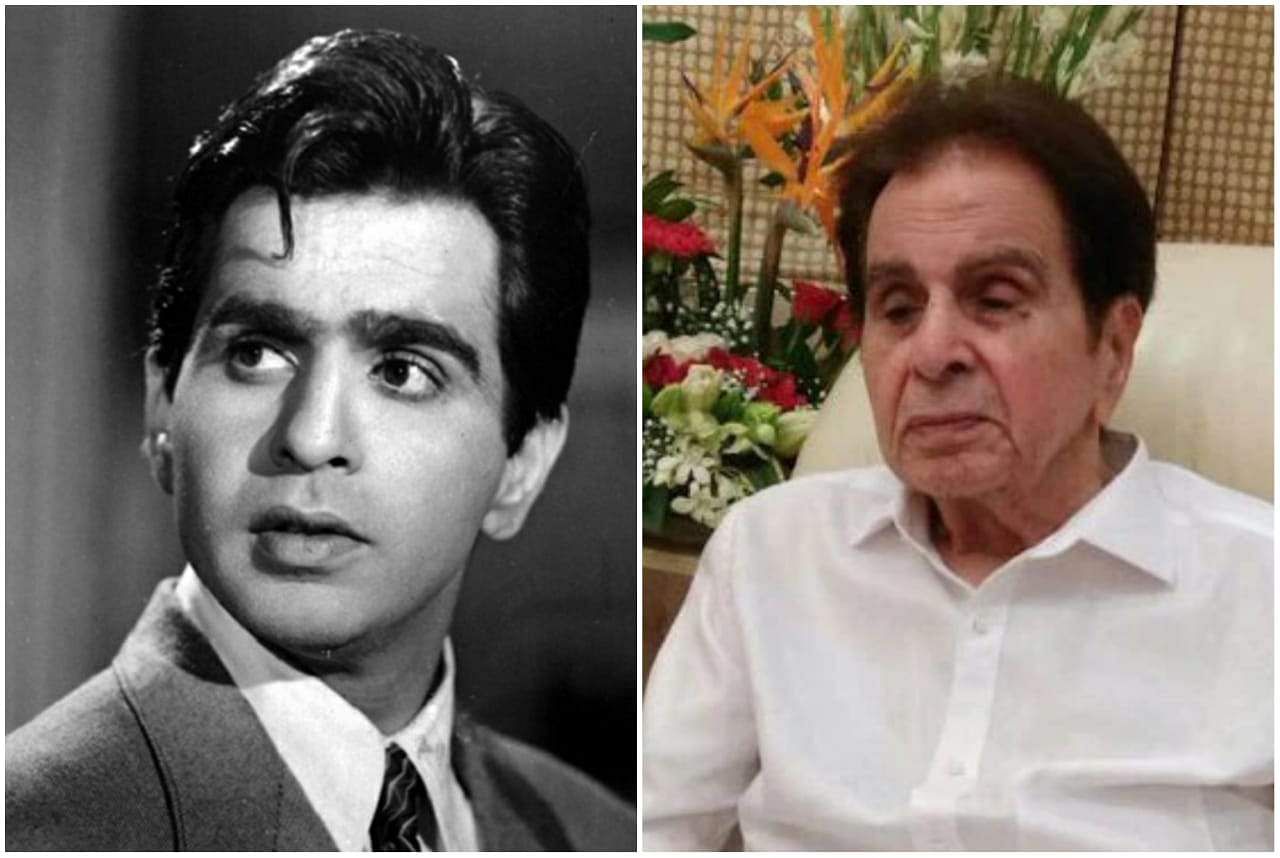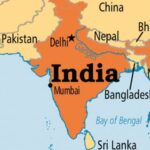When the actor, Dilip Kumar died early this month, at the grand age of 98, he was the very last of the Indian films’ greats from the golden era to depart to eternity. I regard the golden era of Indian films to be between 1950 and the early 1970s when most of the great films were produced and distributed to cinemas around the world. Cinema halls then were the only places where one could watch films – at least that was true of Maiduguri where I was raised in that era where television did not even reach.
That era consolidated the changes that had arrived at the doors of the Indian film industry. Silent films fully graduated into talkies and technicolour transformed the way and manner films were viewed. Creative directors and producers seized on these opportunities to stage great productions that left a lasting impression on the film industry. To date, whenever a listing of the greatest Indian films is made, these films of that era still come high up: Pyaasa that was released in 1955, Shree 420 in 1955, Mother India ‘57, Mughal-e-Azam ‘60, Sahib Bibi Aur Ghulam ‘62, Waqt ’65 and Guide ’65.
- Firm launches agro online e-commerce
- Insecurity: Women lament loss of husbands, children at war front
A variety of films and a variety of great actors. Guru Dutt was in Pyaasa and Sahib Bibi Aur Ghulam, Raj Kapoor in Shree 420, Sunil Dutt in Mother India, Balraj Sahni and Raaj Kumar in Waqt and Dilip Kumar in Mughal-e-Azam. Other great actors of that era could include Ashok Kumar who after acclaimed roles as a leading actor became a dapper villain and his younger brother Kishore Kumar who combined acting with playback singing where he also excelled. We might also include the other Kapoor brother, Shammi who left us with the classic Junglee (1961), Pran, the greatest villain in Indian films, Darasingh a champion wrestler who acted in films where he exhibited grit and strength such as King Kong (1962) and Rustom-e-Baghdad (1963), Mahipal who acted in those classic Indian mythological films such as Parasmani (1962) and Jantar Mantar (1963) and Baghwan Dada of Albela fame (1951).
These actors were contemporaries of Dilip Kumar and they bestrode the industry in its entirety. They have all departed now. However, what they left behind became a benchmark for the Indian films that emerged in the 1980s and beyond. Their influences went beyond the Indian shores. Our own Kannywood film industry at its inception obviously took more from those Indian films than anywhere else. Traces of that influence is still heavy in the Kannywood films.
By 1960 when Dillip Kumar acted in Mughal-e-Azam, he had been in the industry for almost two decades. This was probably his highest point as it became the highest-grossing film of all times in that year and kept the record for a whopping 15 years after. The film won laurels at both the Filmfare and National Film awards and is considered today as, arguably, the greatest Bollywood film ever made. I have gone back to watch it a number of times and for me it compares well with his other films that I have been privileged to see, including; Aan 1952, Naya Daur ’57, Kohinoor ’59, Gunga Jumna ’61, and Ram Aur Shyam.
Dilip Kumar had the luck of long life and longevity in the industry. He has been lionised by the industry times over. In fact, he is said to hold the Guinness world record for having received the most awards among Indian actors. By 1998 when he played his last leading role in Qibla, he had been acting for 54 years and had been part of all the changes that time and technology brought down on the industry. That’s why now at his death, even the reigning great actors in the industry such as Amitabh Bachchan, Shah Ruck Khan, Nasurudeen Shah and Kamal Haasan consider him their inspiration.
Expectedly, his death has brought forth an outpouring of grief from all corners of the world where Hindu films are watched and appreciated. In India itself, there was a torrent of tributes. Amitabh Bachchan who is also considered an icon in the film industry tweeted thus: “An institution has gone, – – whenever the history of Indian Cinema will be written, it shall always be ‘before Dilip Kumar, and after Dilip Kumar’ – -”
For the first time, even India and Pakistan were on the same page. The Indian Prime Minister, Narendra Modi, wrote on Twitter, “Dilip Kumar Ji will be remembered as a cinematic legend. He was blessed with unparalleled brilliance, due to which audiences across generations were enthralled. His passing away is a loss to our cultural world.”
The Pakistan President, Arif Alvi also writing on Twitter said: “An outstanding actor, a humble man, and a dignified personality”. Pakistan Prime Minister Imran Khan also tweeted: “For my generation Dilip Kumar was the greatest and most versatile actor.”
The strong emotions from the Pakistan leaders are understandable because Dilip Kumar was born as Mohammed Yusuf Khan in 1922 in Peshawar, a part of the British-India that later transformed into Pakistan in 1947 after the separation. He adopted the name Dilip Kumar very early in his acting career, I guess, to blend with the majority Hindu who controlled the film industry.
May his soul rest in peace.

 Join Daily Trust WhatsApp Community For Quick Access To News and Happenings Around You.
Join Daily Trust WhatsApp Community For Quick Access To News and Happenings Around You.